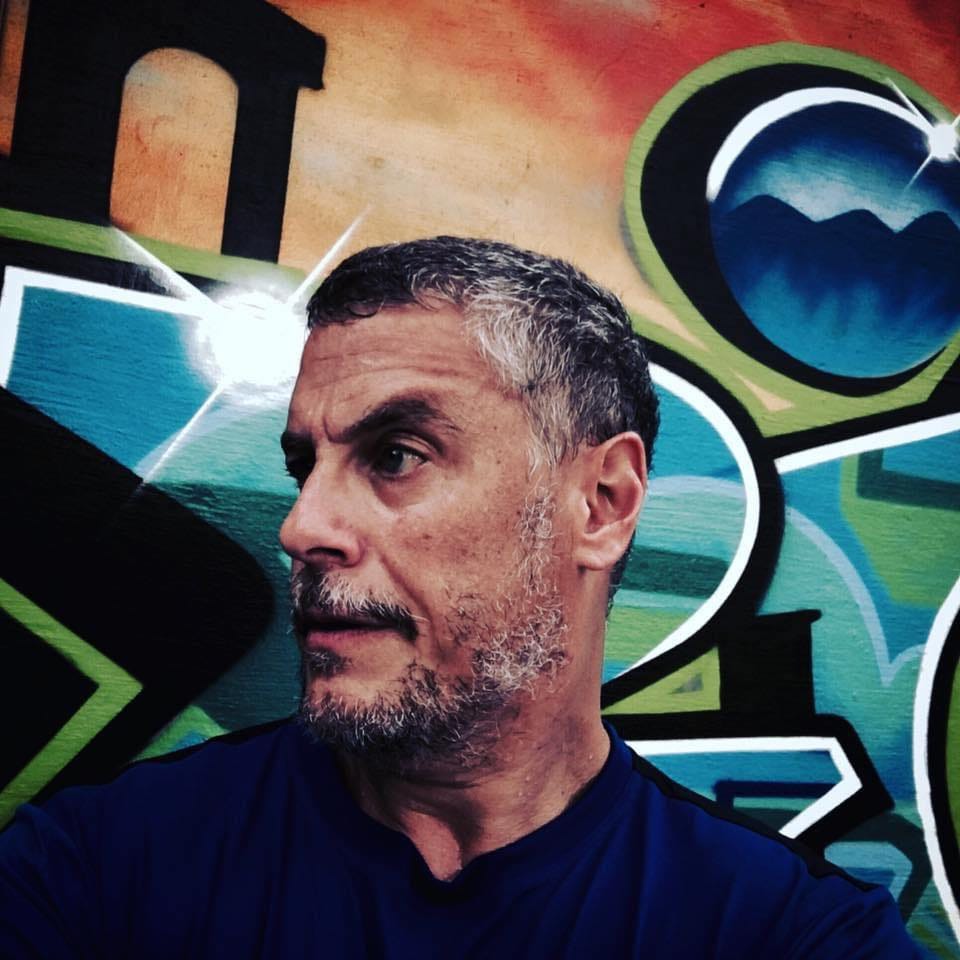believes the field of “philosophy” needs a makeover. Go ahead, google “top philosophers”. You’ll end up with a list of white men, mostly European. Ask someone on the street corner about “philosophy” and it will likely evoke ideas of academia, books, and complex mental theories and abstractions. When was the last time you were at a dinner party and asked someone, “So, what has been your philosophical thinking lately?”
Today I have a livestream chat with Jessica Böhme. She has a PhD in Transformation Research, a professor and academic director at FHM Berlin, and the founder and director of the Institute for Practical ekoPhilosophy.
It’s easy to forget that the word “philosophy” literally means the “love of wisdom.” That seems universally relevant to me. You don’t need a PhD to love and live wisdom.
Let me be the first to express the highest regard for the academic field of philosophy and those who have devoted their lives to it. I myself have benefited immeasurably from those who have invested their academic and professional careers to studying and teaching philosophy. If it were up to me, our educational system would include philosophy as a subject to engage from the earliest age. For years I have followed the work of Jana Mohr Lone and PLATO (Philosophy Learning and Teaching Organization), whose mission statement reads:
PLATO nurtures young people’s curiosity, critical thinking, and desire to explore big questions, through philosophy and ethics programs for students, educators, and families.
But Jessica Böhme wants to expand the common understanding of “philosophy” into a practical and necessary tool for addressing the metacrisis and meaning-crisis. And she doesn’t just mean for individual wellbeing, but collective, societal and planetary wellbeing. Jessica writes:
“Our philosophies are the blueprints for our world making.”
In other words, however conscious or unconscious, indoctrinated or intentional, coherent or convoluted, spoken or unspoken as it might be, there’s a nexus of beliefs and mindsets governing who we are being in the world. One of the main points in my ongoing series, The Great Reconstruction, is the necessity of examining and deconstructing these inner ideologies, and more deliberately reconstructing an approach to life that emboldens and empowers individual, societal and planetary flourishing.
Jessica also wrote:
“Philosophy isn’t a noun. It’s a verb.”
In other words, rather than thinking of “philosophy” as a fixed set of beliefs that you have, seeing it as a dynamic deconstructive/reconstructive work in progress, which is cultivated in the school of real life. It’s a living, breathing, evolving endeavor. The idea isn’t as much about philosophical ideas shifting, changing, updating and evolving in your head, as much as it’s about learning how to embody those ideas, principles, values and convictions in the interconnected and complex dynamics of the lived human experience.
As it relates to spirituality, Jessica wrote:
This is another central point I’ve been making in the series, The Great Reconstruction - namely, that we need an approach to life (whether that’s through religion, spirituality or philosophy) that doesn’t encourage us to avoid, deny or escape the givens of human existence, but to accept and embrace them.
Finally, according to Jessica Jessica Böhme:
I plan on doing more of these livestreams in conjunction with my series, “The Great Reconstruction”, including
, , and others.The Great Deconstruction series so far includes:
Part One: Everything is not okay... but life is the greatest good
Part Four: In Search of Existential Health in a Defective World
Part Five: Put Down Your Holy Grail and ToE and Grab a Shovel
Part Six: Is the metasolution for the metacrisis... inner anarchy?
Part Seven: Converting candidates for the hereafter into students of the world
An additional resource you might find useful is, The Deconstructionology Encyclopedia (Volume One), which I recently made available on Substack. It is an anthology of 200 articles on religious deconstruction and reconstruction, which took over a year to complete.
The sections include:
Unpacking the Leaving-Religion or Religious Deconstruction Process
Refuting and Reframing Traditional Christian Doctrines
Addressing Existential Issues in the Post-Religion Reconstruction Process
Avoiding Pitfalls in the Post-Religion Reconstruction Journey
A Course in Interdisciplinary Spiritual Reconstruction
Examining Issues of Religion and Culture
Exploring Post-Religion Spirituality and Politics
Discussing Connections Between Atheism and Religion
Understanding a Non-Religious and unChristian Jesus
Surveying Themes of Radical Theology
In Summary
Jessica Böhme believes the field of “philosophy” needs a makeover.
Stop thinking of “philosophy” as a thing you have but a thing you live.
We need a spirituality that doesn’t avoid, deny or escape the givens of human existence, but accepts and embraces them.
You don’t need a PhD to love and live wisdom.
Thank you for subscribing to my Substack, don’t forget to check the Substack newsletter of
.














Share this post